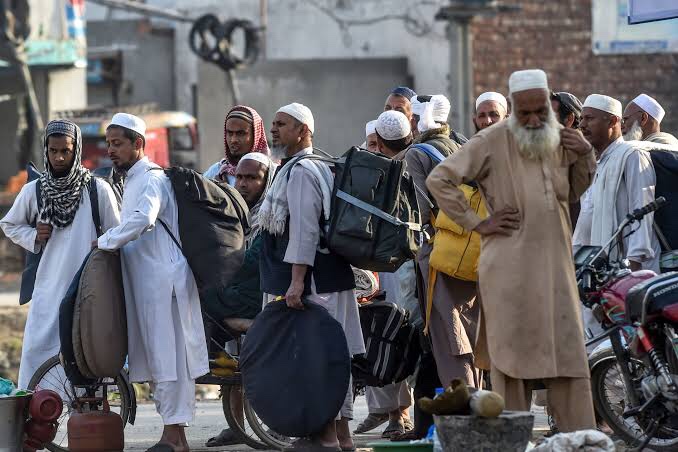By Shelal-
The Supreme Court, today, came down heavily on the Centre and said that freedom of speech is the ‘most abused right’ in recent times. The court slammed Centre for its “evasive” amd “brazen” affidavit on the issue that a section of media was spreading communal tension over the Tablighi Jamaat congregation in March during the onset of COVID 19.
Chief Justice Bobde addressed Solicitor General Tushar Mehta that “You cannot treat the court the way you are doing in this case… A junior officer has filed your affidavit. We find it extremely evasive and brazenly short of details. It even says the petitioners here do not point to any instance of bad reporting…”
“We want the Secretary of the department [Information and Broadcasting] to file this affidavit… The Secretary has to say what he thinks of the incidents. We do not want any unnecessary, nonsensical averments like those made now,” the CJI said, Solicitor General Tushar Mehta undertook to file a fresh affidavit under the signature of the Secretary of the department.
Senior Advocate Dushyant Dave, appearing for the Jamaat said that the Centre, in its affidavit said that the Jamaat is ‘trying to muzzle’ freedom of speech. In response, the apex court said, “They are free to make any averment in their affidavit like you are free to make any argument you want.”
The government affidavit had claimed that a “blanket gag order” on the media in this issue would violate a journalist’s right to free speech and an informed citizen’s right to know.
“Does the Government have any power to ban signals?” the CJI asked while pointing out that power under the Cable Television Network Act was exercisable only with relation to Cable TV and not to television signals. The CJI said regulatory bodies had issued advisories to the TV channels.
In this context, Mr. Dave argued that the Information and Broadcasting Ministry had indeed the power to ban TV broadcasting under the Cable TV Act. To support his argument, he referred to the instance where Malayalam channel Asianet was banned for several hours in March under the Act in relation to their coverage of the Delhi riots.
The Jamiat Writ, filed by advocate Ejaz Maqbool, sough guidance from the Ministry to recognise and take stern action against parts of the media that are communalizing the Nizamuddin Markaz issue.
After this, court said it would hear arguments on this point and adjourned the case for two weeks. The petitions have said that certain sections of media were spreading communal hatred in relation to Tablighi Jamaat conference held in the Nizamuddin Markaz area. The petition said the “unfortunate incident of the Tablighi Jamaat was used to demonise and blame the entire Muslim community”. Certain sections of the media, instead of exercising restraint, reported the incident with a communal flavour. This may perpetrate hatred, the petition contended.

